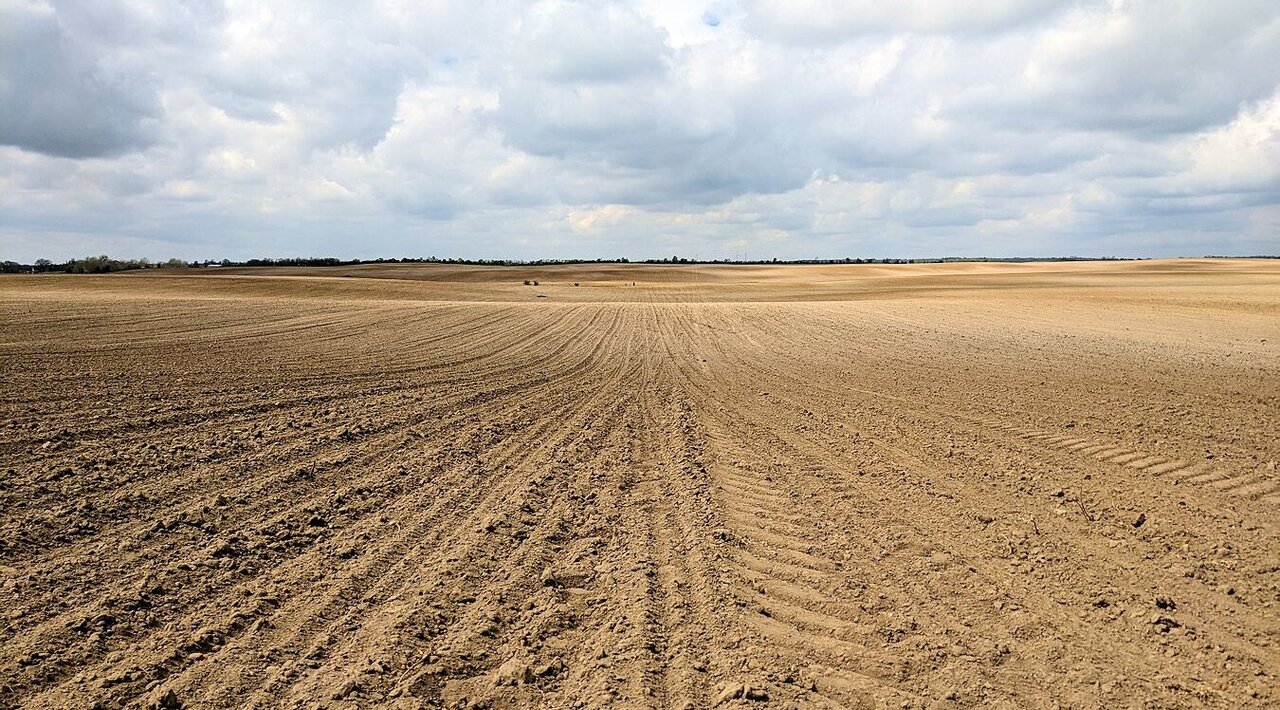Project
Erosion Impact on Nitrogen Turnover and Retention in Soil

Erosion Impact on Nitrogen Turnover and Retention in Soil
A large proportion of agricultural land is affected by soil erosion. The redistribution of soil carbon in the landscape caused by erosion has been researched for years. However, what influence does erosion have on nitrogen distribution and turnover is still largely unknown? Researchers in the project "ErosioN" are investigating this question.
Background and Objective
Soil erosion can be triggered by water, wind and tillage. Soil erosion and deposition is known to redistribute soil carbon. Since the carbon and nitrogen cycles in the soil are closely linked, it can be assumed that soil erosion has a strong influence on the nitrogen content and dynamics in the soil. Previous studies have often focused on individual aspects of the nitrogen cycle. However, to better understand nitrogen dynamics and stock changes in eroded soils, a comprehensive understanding of nitrogen turnover rates and availability is necessary, because only then can fertilization and management of these areas be sustainably improved.
Approach
The work program includes three experiments of varying complexity to study the effects of soil erosion on nitrogen turnover. For this purpose, 15N balance approaches and 15N labeling techniques are used and complemented by the application of the latest 15N model (Ntrace) to distinguish the gross nitrogen turnover processes in the soil. In order to gain a first understanding of the impact of soil erosion on nitrogen turnover, an in situ 15N field tracing experiment is carried out at two sites in north-eastern Germany. In two further experiments, the process-based understanding of nitrogen turnover using 15N and 14C labeling under controlled conditions is examined in more detail at research facilities of Thünen and ZALF.
Thünen-Contact

Involved Thünen-Partners
Involved external Thünen-Partners
- Leibniz-Zentrum für Agrarlandschaftsforschung (ZALF) e.V.
(Müncheberg, Deutschland)
Funding Body
-
Deutsche Forschungsgemeinschaft (DFG)
(national, öffentlich)
Duration
10.2022 - 9.2026
More Information
Project status:
ongoing
Publications
- 0
Schoof J, Holz M, Rütting T, Well R, Buchen-Tschiskale C (2025) Impact of different soil erosion levels on gross N transformation processes and gaseous N losses : an incubation study. Soil Biol Biochem 209:109905, DOI:10.1016/j.soilbio.2025.109905
- 1
Zentgraf I, Hoffmann M, Augustin J, Buchen-Tschiskale C, Hoferer S, Holz M (2024) Effect of mineral and organic fertilizer on N dynamics upon erosion-induced topsoil dilution. Heliyon 10(15):e34822, DOI:10.1016/j.heliyon.2024.e34822

![[Translate to English:] [Translate to English:]](/media/_processed_/6/4/csm_titel_CO2Kampagne8_afeea2273e.png)
![[Translate to English:] [Translate to English:]](/media/_processed_/4/1/csm_titel_93px_CO2Kampagne8_9b0f3354d4.png)





